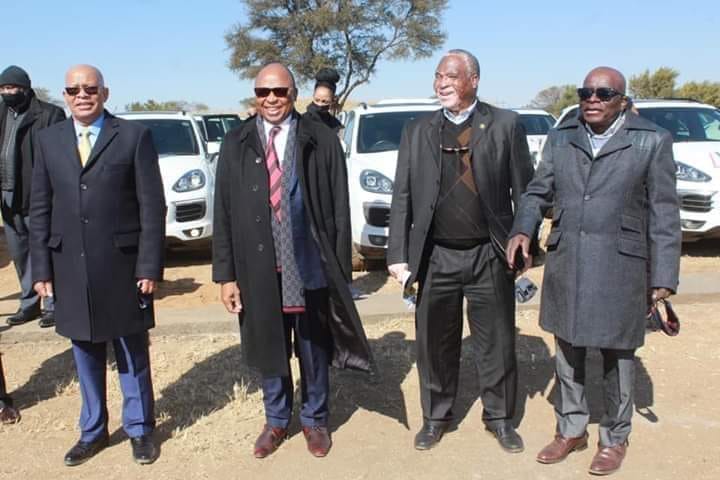The Limpopo province, known for its rich cultural heritage and natural beauty, has been shaped by the leadership of its premiers over the years. These leaders have played crucial roles in driving the province’s development and addressing its unique challenges. Here’s an overview of the premiers who have steered Limpopo since its establishment in 1994:
1. Ngoako Ramatlhodi (1994-2004)
Ngoako Ramatlhodi was the first premier of Limpopo, serving from 1994 to 2004. A member of the African National Congress (ANC), Ramatlhodi’s tenure was marked by efforts to consolidate the newly established provincial government and promote socio-economic development. His administration focused on infrastructure development and improving public services to lay a foundation for the province’s growth.
2. Sello Moloto (2004-2009)
Sello Moloto succeeded Ramatlhodi in 2004. His term was characterized by significant investments in education and healthcare. Moloto’s administration worked to address the inequalities in these sectors, aiming to provide better opportunities for all residents of Limpopo. Under his leadership, the province also saw improvements in road infrastructure and rural development initiatives.
3. Cassel Mathale (2009-2013)
Cassel Mathale took office in 2009, bringing a focus on economic growth and job creation. His tenure faced challenges, including allegations of corruption and political infighting. Despite these issues, Mathale emphasized the importance of boosting the province’s economy through agricultural and mining sectors, which are key to Limpopo’s prosperity.
4. Stan Mathabatha (2013-2024)
Stan Mathabatha became the premier in 2013 and has been re-elected several times, currently serving as the longest-standing premier of Limpopo. His leadership has been marked by a commitment to improving governance, combating corruption, and enhancing service delivery. Mathabatha has prioritized education, healthcare, and infrastructure development, with notable projects aimed at rural electrification and water supply.
Under Mathabatha’s administration, Limpopo has also focused on economic diversification, seeking to reduce the province’s reliance on mining and agriculture by promoting tourism and manufacturing. His tenure has seen efforts to foster public-private partnerships and attract investment to the province.
The Impact of Their Leadership
The premiers of Limpopo have each contributed to the province’s development in different ways. From establishing foundational governance structures and improving public services to focusing on economic growth and infrastructure, their collective efforts have shaped the trajectory of Limpopo. Challenges such as corruption and political instability have sometimes marred progress, but the continuous focus on development and addressing the needs of the people remains a central theme.
Limpopo’s leaders have also played crucial roles in addressing social issues, promoting cultural heritage, and ensuring that the province’s diverse communities are represented in government initiatives. Their leadership reflects the complexities and dynamic nature of governing a province with vast potential and unique challenges.
